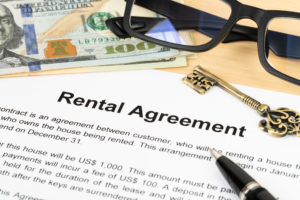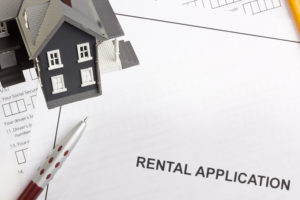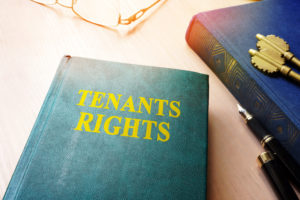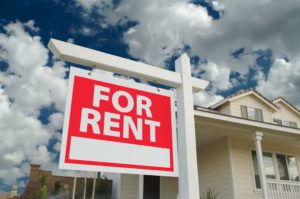Why Move-In Property Conditions Checklists Are Important
 There’s so much to do when it comes to renting out a property. Any step you can make to streamline this process is a great benefit, which is why move-in property condition checklists are such an asset.
There’s so much to do when it comes to renting out a property. Any step you can make to streamline this process is a great benefit, which is why move-in property condition checklists are such an asset.
Move-in property conditions checklists make it easier for both you and your tenant by facilitating transparency and accountability upfront.
If you don’t already have a checklist in place or aren’t sure why you need one, this quick read will fill you in on what you need to know!
What Is a Move-In Property Conditions Checklist?
The move-in property conditions checklist is a document that states the condition of the property at the time of move-in. This checklist works for both parties by serving as a documented agreement of the rental’s condition at the start of a new lease. The checklist should be signed in conjunction with the lease to minimize the chance of a dispute later on. (more…)


 Managing rental is a tough job. It involves constant diligence, staying current on state laws, and having to make tough decisions at a moment’s notice.
Managing rental is a tough job. It involves constant diligence, staying current on state laws, and having to make tough decisions at a moment’s notice.  Every state has different rules when it comes to security deposits, and Florida is no different. Here are some of the top facts to know about Florida’s security deposit laws:
Every state has different rules when it comes to security deposits, and Florida is no different. Here are some of the top facts to know about Florida’s security deposit laws: For vacation rental property owners, hurricanes present one of the biggest dangers to your investment. But with careful planning, you can protect your property against tropical storms.
For vacation rental property owners, hurricanes present one of the biggest dangers to your investment. But with careful planning, you can protect your property against tropical storms.  Are you a new landlord? Managing a rental property can be a great investment strategy, but there are some things you should know about the rental business before you jump in. In this post, we’ll cover some tips that every new landlord should know.
Are you a new landlord? Managing a rental property can be a great investment strategy, but there are some things you should know about the rental business before you jump in. In this post, we’ll cover some tips that every new landlord should know. Screening potential tenants can be a tall order. Since most rental agreements are one-year contracts, it’s important to determine which applicants will be reliable. However, it can be difficult to figure this out with a traditional application or a quick interview.
Screening potential tenants can be a tall order. Since most rental agreements are one-year contracts, it’s important to determine which applicants will be reliable. However, it can be difficult to figure this out with a traditional application or a quick interview.  The startup costs associated with the development of rental properties can be steep. If you want to secure a steady cash flow, you need to be confident that your property holds value. However, quantifying a good cash flow is a highly individual process.
The startup costs associated with the development of rental properties can be steep. If you want to secure a steady cash flow, you need to be confident that your property holds value. However, quantifying a good cash flow is a highly individual process.  The state of Maryland goes the extra mile in protecting its tenants’ rights. Landlords that are looking to lease new property will need to keep the state’s codes in mind both when they establish their leases and as they invite potential renters to the property.
The state of Maryland goes the extra mile in protecting its tenants’ rights. Landlords that are looking to lease new property will need to keep the state’s codes in mind both when they establish their leases and as they invite potential renters to the property. While the real estate market experienced huge gains in the past year, the rental market had an almost opposite experience. The massive disruption in the rental world, including financial hardships caused by the COVID-19 pandemic, created rapid changes and new challenges for renters and property owners.
While the real estate market experienced huge gains in the past year, the rental market had an almost opposite experience. The massive disruption in the rental world, including financial hardships caused by the COVID-19 pandemic, created rapid changes and new challenges for renters and property owners. While property management companies and private owners have similar functions regarding rental property (like collecting rent, handling maintenance requests, etc.), there are distinct differences to understand before you decide to rent from one or the other.
While property management companies and private owners have similar functions regarding rental property (like collecting rent, handling maintenance requests, etc.), there are distinct differences to understand before you decide to rent from one or the other.